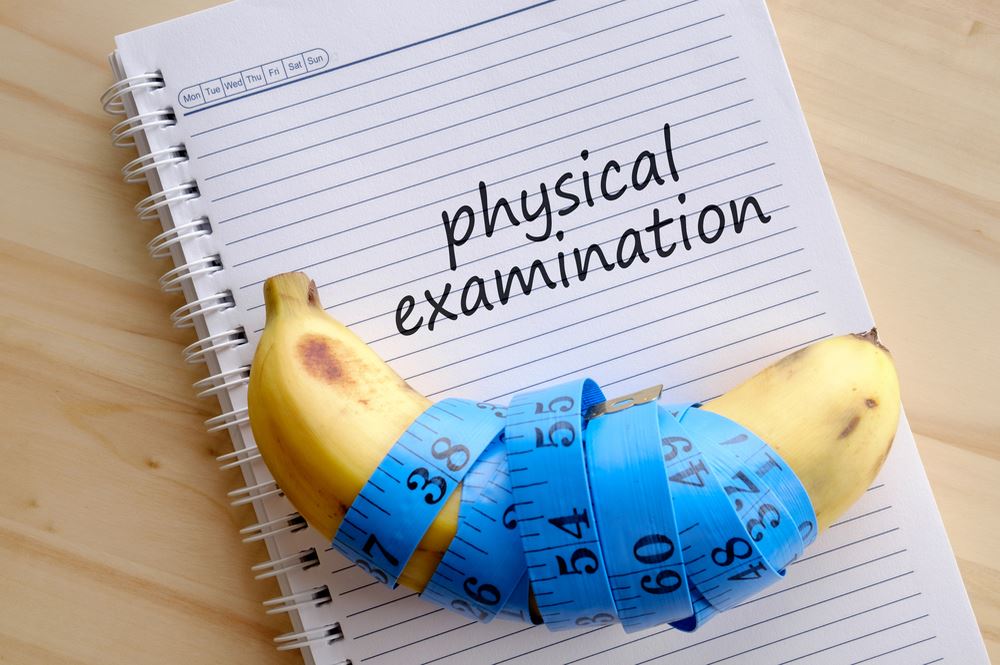Erectile Dysfunction Diagnosis

The numerous potential underlying causes of erectile dysfunction means that a doctor will normally ask a lot of questions for getting a proper diagnosis. A doctor will order numerous blood tests to rule out any other possible causes of erectile dysfunction and confirm the presence of erectile dysfunction. Some diagnostic tests can look for the physical factors involved in the development of erectile dysfunction such as diabetes, heart problems, and low testosterone levels among the other things. The doctor might also carry out a physical test for getting the diagnosis of erectile dysfunction including the examination of the genitals. Prior to confirm the diagnosis of erectile dysfunction that needs treatment, a doctor will also look for the symptoms that are at least persistent for 3 months.
Once the doctor establishes a complete medical history, then he will undertake more investigation to confirm the erectile dysfunction diagnosis for the patient. one most common and simple test known as the postage stamp test is very helpful in detecting if the cause of erectile dysfunction is psychological rather than physical or vice versa. A man normally has 3 to 5 erections per night and the postage stamp test checks for the occurrence of erection at night by looking if the postage stamps applied around the penis snap off before sleep for how many times. Other tests for determining the nocturnal erection include the snap-gauge and potent test. These tests give limited information but are beneficial in guiding towards the choice of a doctor to perform further tests.
Diagnosing erectile dysfunction can involve a number of steps which include a physical examination, sexual history, and overall medical history. Following is the description of some diagnostic tests for confirming the diagnosis of erectile dysfunction:
Physical examination
A patient must expect a physical examination for confirming the diagnosis of erectile dysfunction by a physician where the doctor will listen to lungs and heart of the patient. In addition, the doctor will examine the penis and testicles of the patients and also looks for the blood pressure levels in each patient. Some physicians might also suggest a rectal examination to test your prostate.
